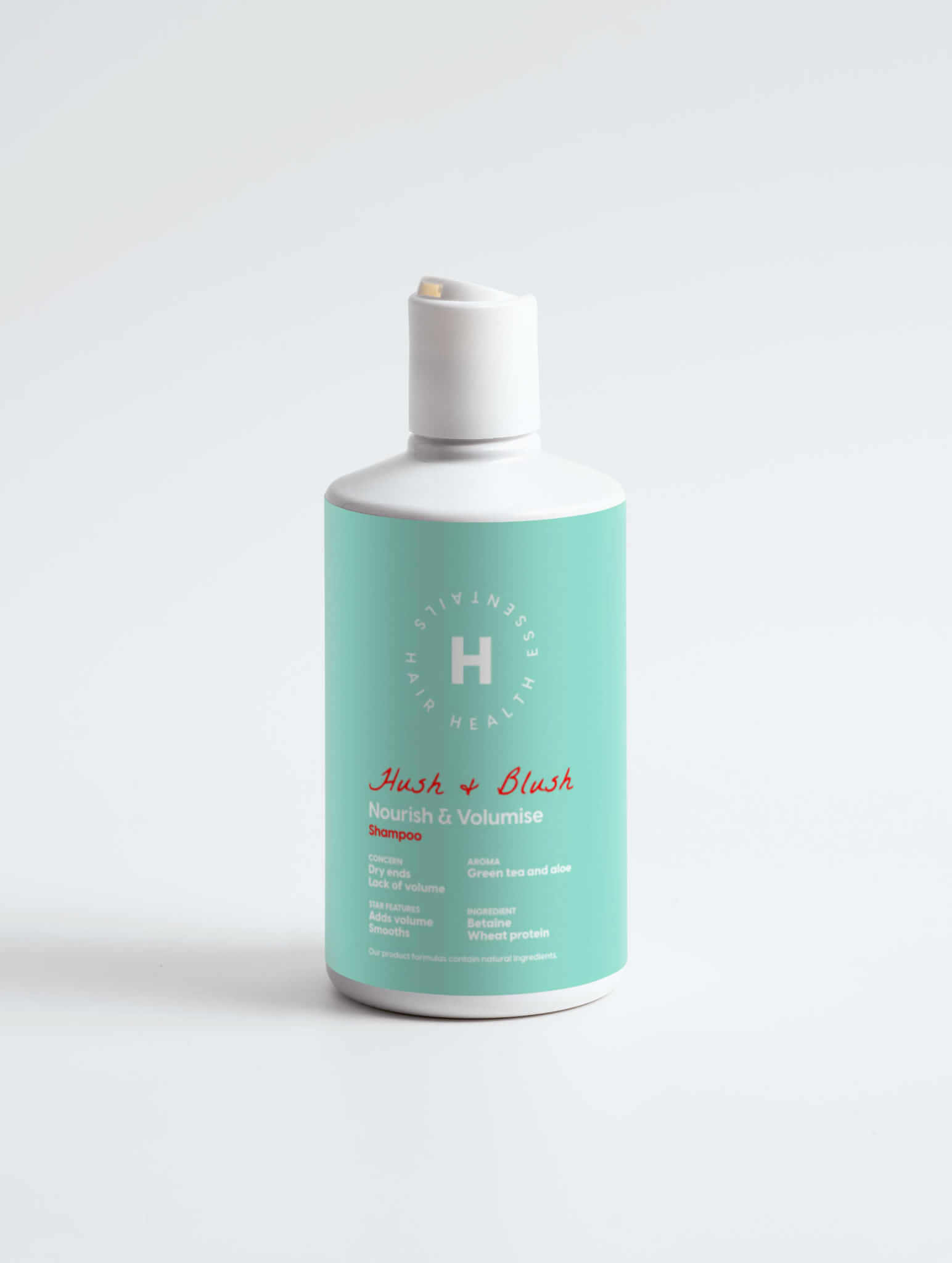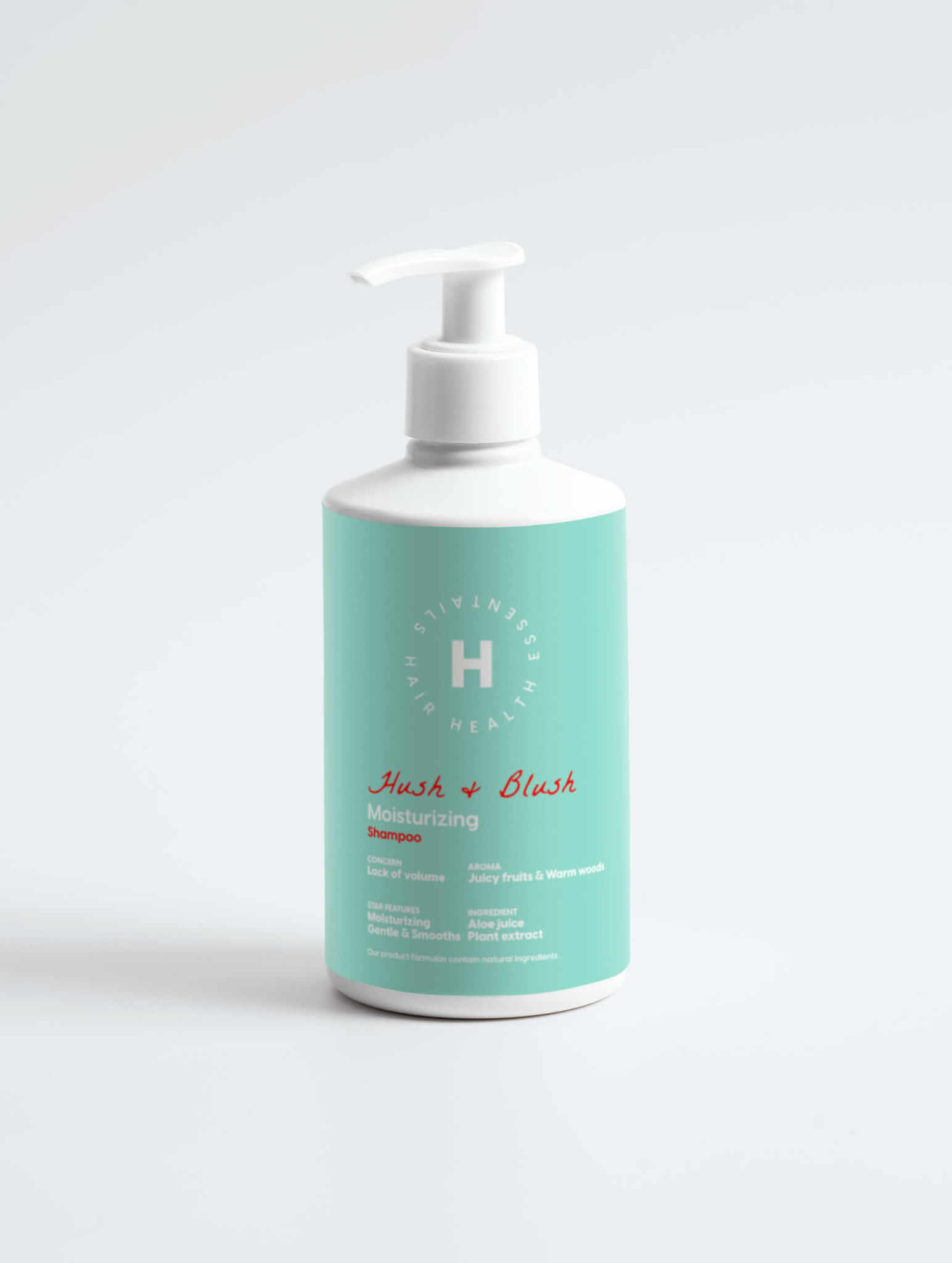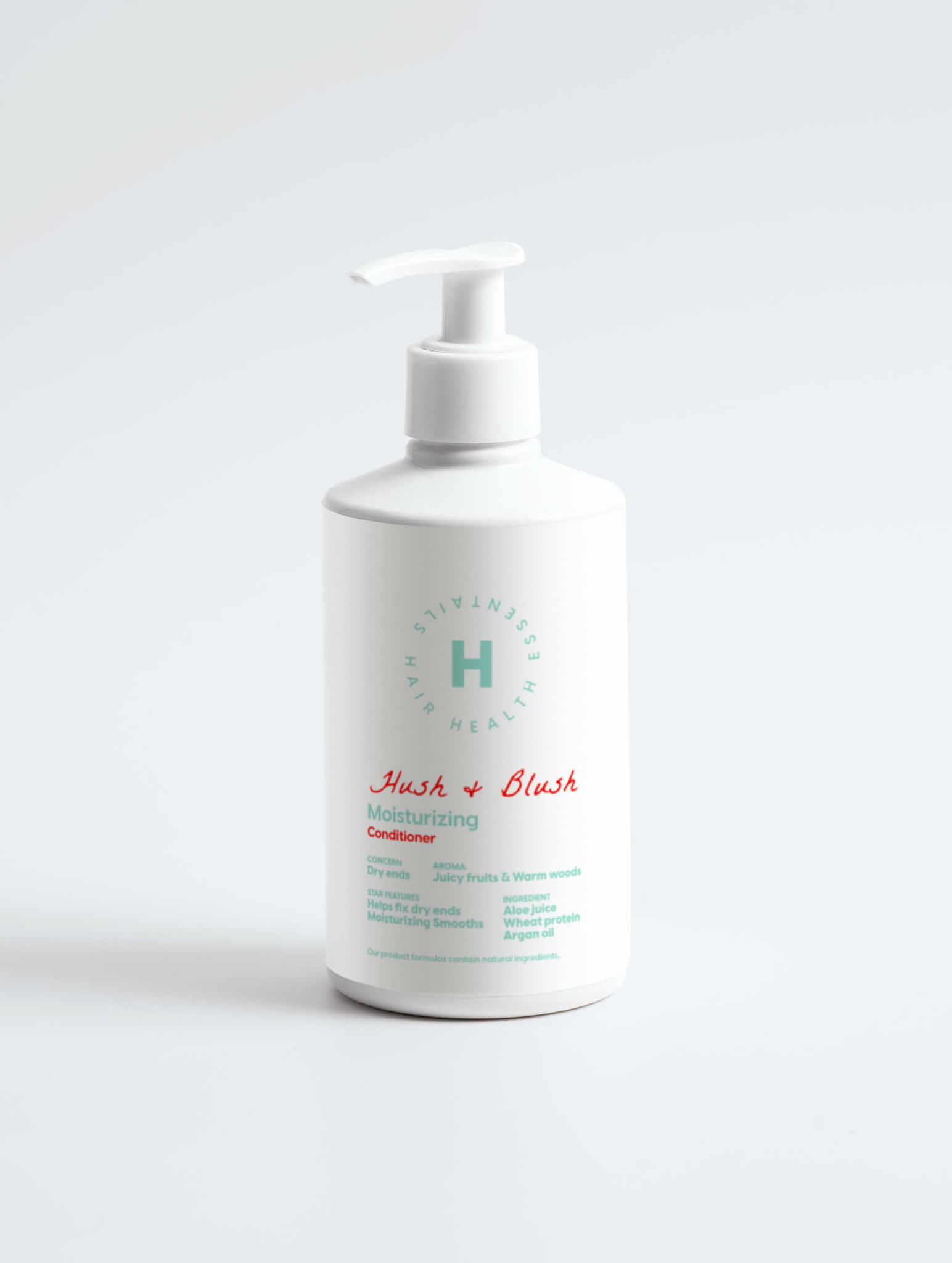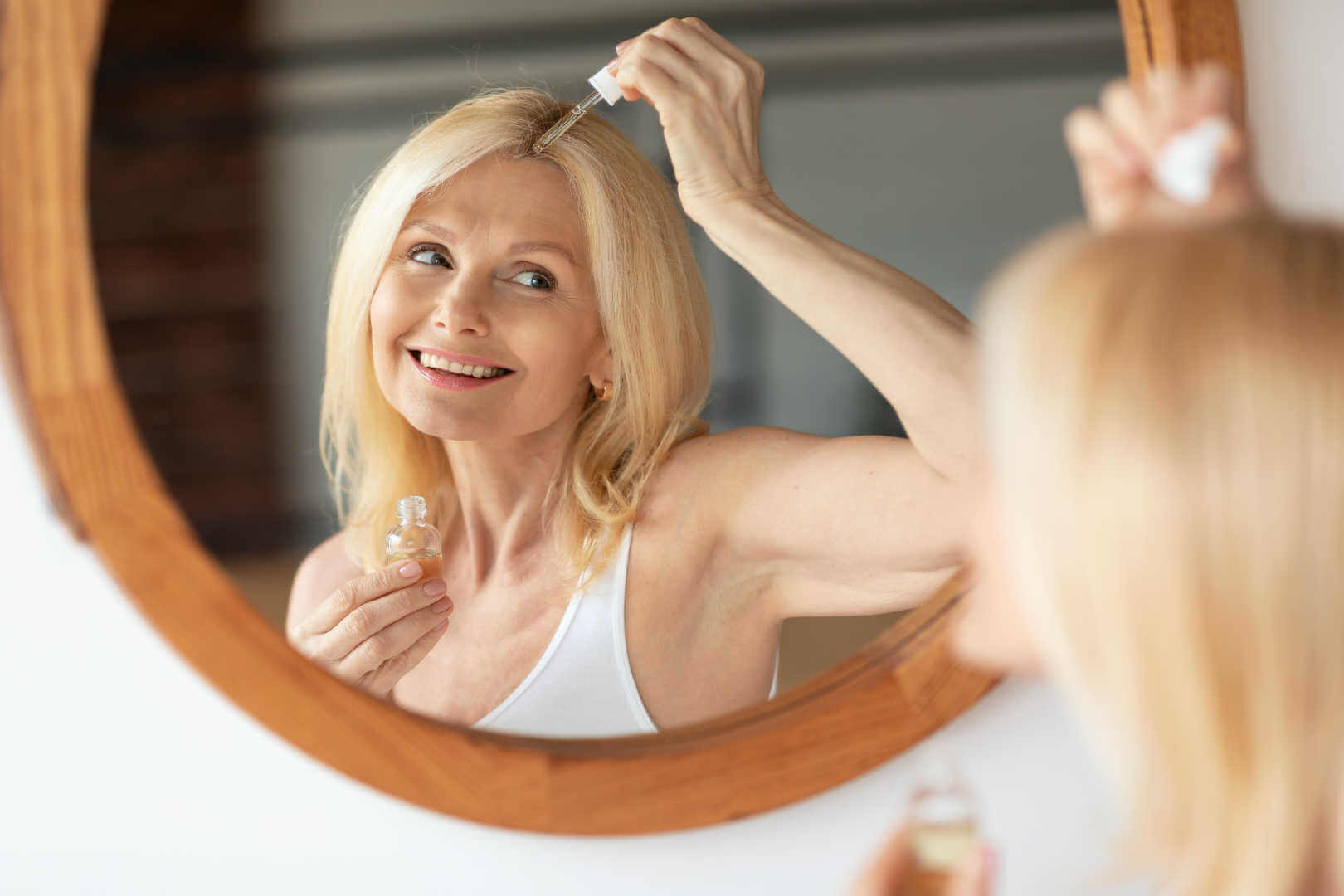Menopause and Scalp Health: Maintaining Strong and Vibrant Hair
Meet the expert
Clare Devereux is an internationally recognised Trichologist & Stylist.
The journey through menopause is marked by a series of physical and hormonal changes that can affect women in numerous ways. One aspect of menopause that often doesn’t receive the attention it deserves is its impact on hair health. As women transition through this life stage, they may notice changes in the texture, thickness, and overall condition of their hair. What many may not realize is that the health of your scalp plays a pivotal role in determining the quality of your hair during menopause. In this comprehensive guide, we’ll delve into the intricate relationship between menopause and scalp health and explore strategies to maintain strong, vibrant hair as you embrace this new phase of life.
Understanding Menopause and Its Effects on Hair
Menopause is a natural biological process that signifies the end of a woman’s reproductive years. It typically occurs in their late 40s or early 50s, although the exact timing can vary. During menopause, hormonal changes are the primary culprits behind a myriad of physical and emotional shifts. The most notable hormonal changes involve a decrease in estrogen levels and an increase in androgen hormones like testosterone.
These hormonal fluctuations can wreak havoc on the hair. Estrogen is known to promote hair growth and maintain its thickness and luster. When estrogen levels decline, as they do during menopause, several hair-related issues may arise:
- Thinning Hair: One of the most common complaints during menopause is hair thinning. As estrogen decreases, hair follicles may become smaller and produce finer strands.
- Hair Loss: Some women experience more pronounced hair loss during menopause, a condition known as androgenetic alopecia. This is influenced by the rising levels of androgen hormones like testosterone.
- Changes in Hair Texture: Menopause can alter the texture of hair. It may become drier, frizzier, or more prone to breakage.
- Scalp Health: Scalp health can be compromised during menopause, leading to issues like itchiness, flakiness, and even conditions such as seborrheic dermatitis.
The Role of Scalp Health in Maintaining Vibrant Hair
While many people focus on the hair shaft itself when addressing hair issues, it’s essential not to overlook the foundation—the scalp. A healthy scalp is the fertile ground from which strong and vibrant hair grows. Let’s explore why scalp health is crucial during menopause:
- Nutrient Delivery: Your hair follicles rely on a well-nourished scalp for essential nutrients. A healthy scalp ensures the efficient delivery of nutrients like vitamins and minerals to the hair follicles, supporting their growth and vitality.
- Oil Production: Scalp health influences the production of sebum, the natural oil that keeps your hair moisturized and protected. Imbalances in sebum production can lead to dry or excessively oily hair.
- Microbiome Balance: The scalp has its own microbiome—a community of beneficial and harmful microorganisms. Maintaining a balanced scalp microbiome is crucial for overall scalp health.
- Blood Circulation: Scalp health is linked to blood circulation. Adequate blood flow to the scalp ensures that hair follicles receive oxygen and nutrients for optimal growth.
Strategies for Maintaining Scalp Health During Menopause
Now that we understand the importance of scalp health, let’s explore strategies to keep your scalp in top condition during menopause:
- Nourishing Diet: A well-balanced diet rich in vitamins and minerals is essential. Focus on foods that support hair health, such as lean proteins, fruits, vegetables, and whole grains.
- Scalp Care Routine: Implement a gentle scalp care routine. Use a mild, sulfate-free shampoo and conditioner suitable for your hair type. Avoid excessive washing, which can strip the scalp of its natural oils.
- Hydration: Stay hydrated by drinking plenty of water. Proper hydration supports overall skin health, including your scalp.
- Scalp Massages: Regularly massage your scalp to stimulate blood circulation. This simple practice can help nourish hair follicles.
- Stress Management: As stress can exacerbate hair loss, incorporate stress-reduction techniques into your daily routine. Meditation, yoga, and deep breathing exercises can be highly effective.
- Consult a Professional: If you experience severe scalp or hair issues, consider consulting a dermatologist or trichologist. They can provide personalized recommendations and treatments.
Conclusion
Menopause is a transformative phase in a woman’s life, and its effects on hair and scalp health are significant. By understanding the connection between menopause and scalp health and adopting a proactive approach, you can maintain strong and vibrant hair during this journey. Your scalp is the foundation upon which your hair’s beauty rests, so invest in its health, and you’ll be rewarded with the confidence and radiance that come with a glorious mane.
Remember that each person’s experience with menopausal hair changes is unique. What works for one may not work for another. Therefore, it’s essential to tailor your approach to your specific needs and consult with healthcare professionals when necessary. Embrace this new chapter of life with the knowledge that you can support your hair health and continue to shine with confidence.
"Remember with Hair Health Essentials Better Hair days Are Ahead"
Our Menopause Collection
We understand that hormonal changes present unique challenges for your hair, from dryness to thinning and a lack of volume. That’s why we’ve curated a specialized collection designed to nourish, rejuvenate, and elevate your hair.
Related Articles
September 12, 2023
Scalp Care Essentials during Menopause: Nurturing Your Hair’s Foundation
Menopause is a transformative phase in a woman's life, marked by hormonal…
September 12, 2023
Adapting to Hair Texture Changes During Menopause: Tips and Strategies
Menopause is a natural phase of a woman's life, signaling the end of the…
September 12, 2023
Nutritional Support for Menopausal Hair: A Comprehensive Guide
Menopause is a transformative phase in a woman's life, marked by significant…







